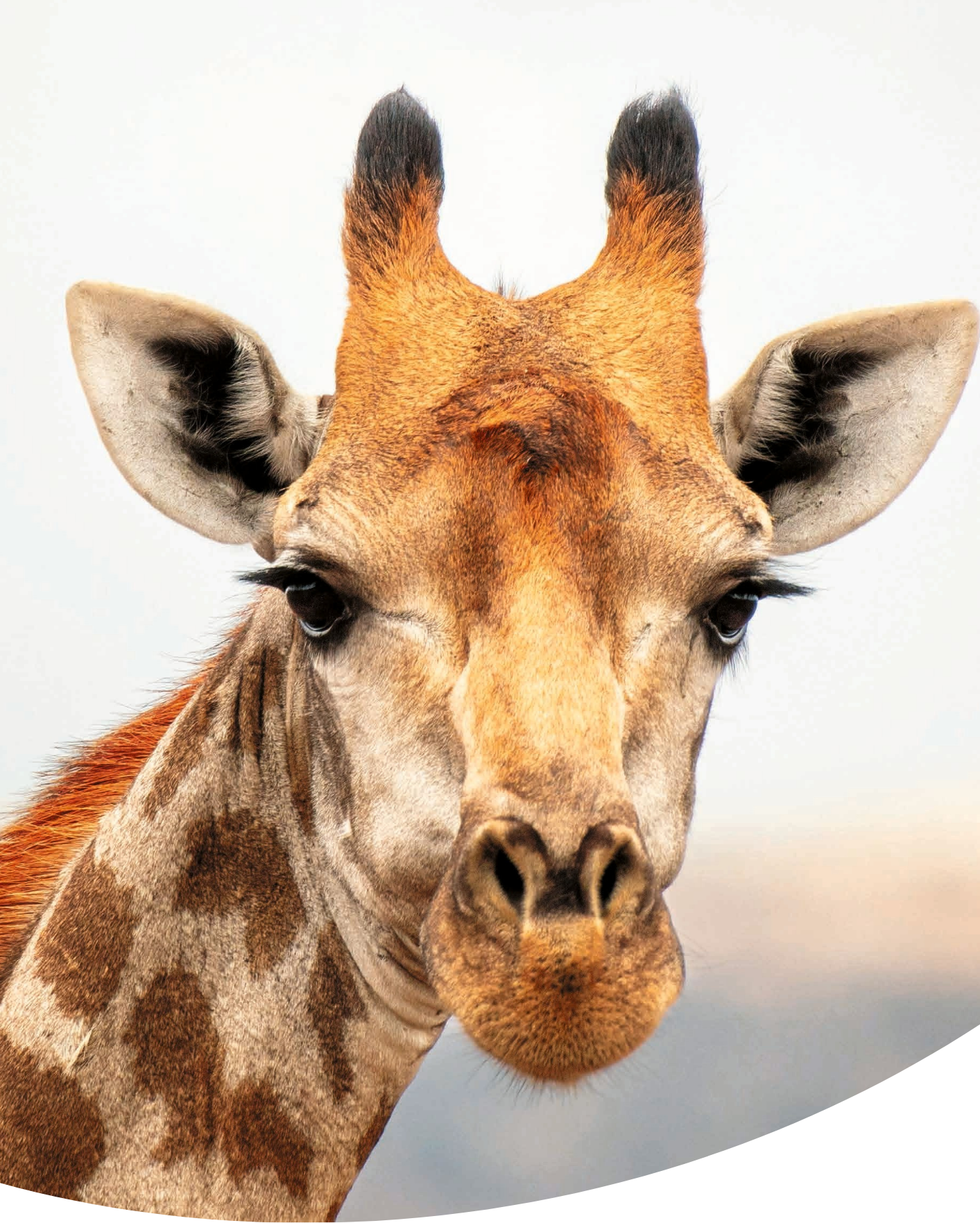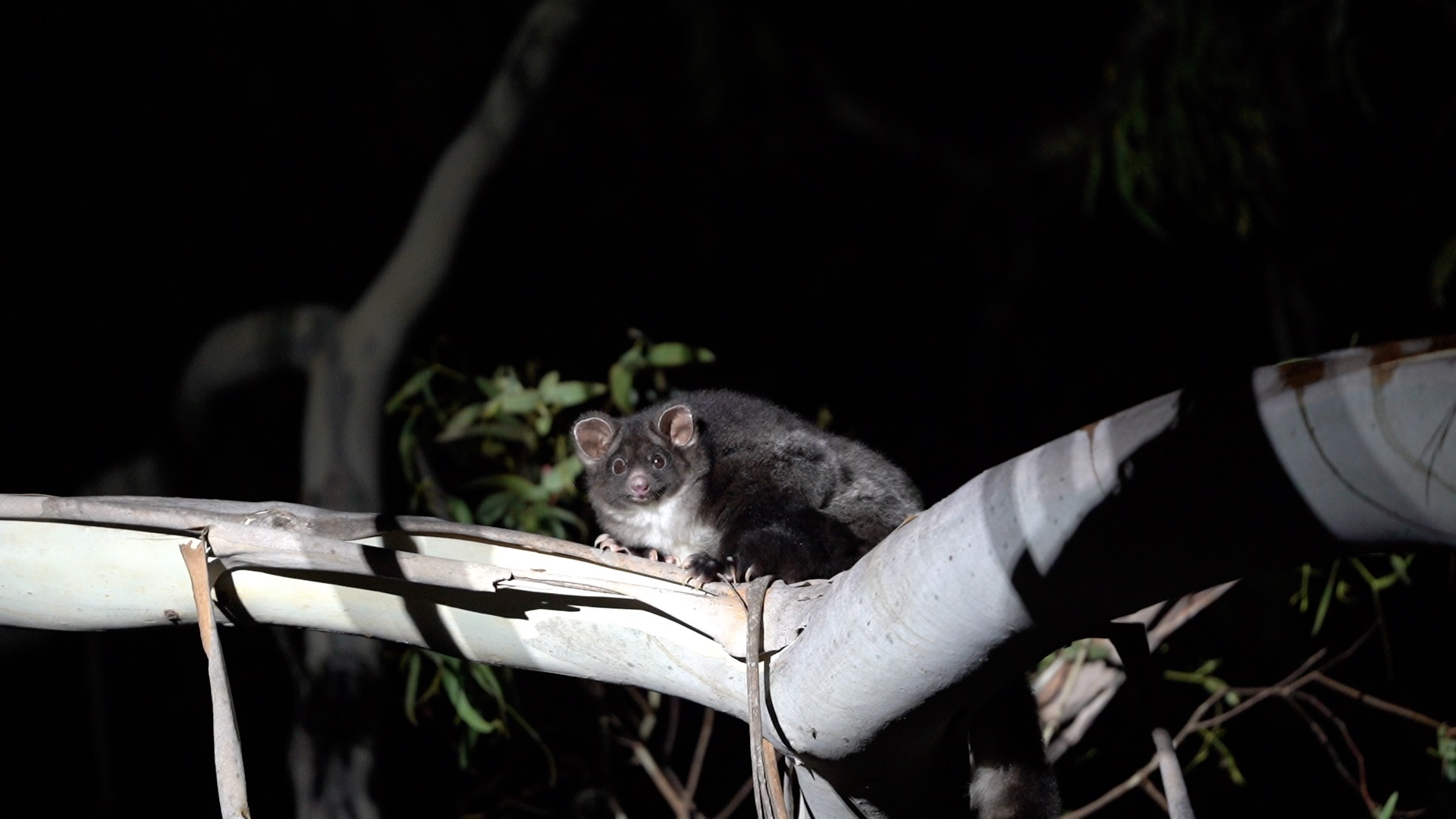Find out more about our work on federal environment reforms, the recent victory in protecting whale sharks, an update on our partner projects and lots more.
In the coming days, Canada is expected to open its commercial seal hunt, where defenseless, weeks-old pups are shot or battered to death with clubs. But we just got some terrific news about India banning the import of seal skins, eliminating yet another potential market for commercial seal skins.
Humane Society International and our partner groups have been able to reduce commercial sealing in Canada by as much as 90 percent in recent years, by closing international markets for seal products. Nearly three million seals have been spared the hunters’ clubs and guns as a result.
With its action, India joins 37 countries, including the United States, Russia, Mexico, Taiwan, Switzerland, and the 28 countries of the European Union, that have banned trade in seal skins and other products of commercial seal hunts for animal welfare or conservation reasons.

HSI and our partner groups have been able to reduce commercial sealing in Canada by as much as 90 percent in recent years. Image: Kathy Milani/The HSUS
This ban in India is an especially significant win because, with western nations closing their markets, the Canadian commercial sealing industry is counting on developing alternate markets in the east for the seal fur, oil, and other products that so many nations refuse to buy.
India’s decision follows exhaustive campaigning for the ban by HSI/India and our partner group, People for Animals, asking the Indian government to take a clear moral stand by closing its doors to the trade of seal products. Last year, India banned the import of the skins of exotic animals and furs into the country.
In 2013 and 2014, the World Trade Organization twice upheld the rights of nations to restrict trade for animal welfare reasons.
Even so, the battle to stop the cruel Canadian commercial sea hunt is far from over. This year, Newfoundland sealers claim they want to club and shoot to death at least 80,000 seals, all to produce products no one wants to buy. Worse, the Canadian Sealers Association is lobbying the Canadian government to lift a decade-long freeze on issuing new commercial sealing licenses so the association can recruit and train a whole new generation of seal slaughterers.

The Canadian Sealers Association is lobbying the Canadian government to lift a decade-long freeze on issuing new commercial sealing licenses so the association can recruit and train a whole new generation of seal slaughterers. Image: HSI
The ambition of the commercial sealing industry to rebound is particularly egregious, given the devastating impacts of climate change on the ice-breeding seals who are the targets of this industrial scale slaughter. Harp seals rely on sea ice to give birth to and nurse their pups. But warming temperatures and increased storm activity are causing sea ice to break up and melt sooner in the season, increasing seal mortality.
That is what makes this week’s news from India so crucial. A nation of 1.3 billion people is saying no to cruel commercial seal hunts by banning the import of their skins.
There is simply no future in commercial seal slaughter. Most Canadians, and people all over the world, want Canada to end commercial sealing forever. Instead of putting more senseless subsidies into the commercial seal hunt, the Canadian government should invest in a fair transition program for commercial sealers and do more to encourage viable, humane, and sustainable economic alternatives such as marine ecotourism.
Beating and shooting defenseless, weeks-old wild animals for their fur is simply outmoded and out of touch with today’s values. And it certainly doesn’t belong in 2018.


